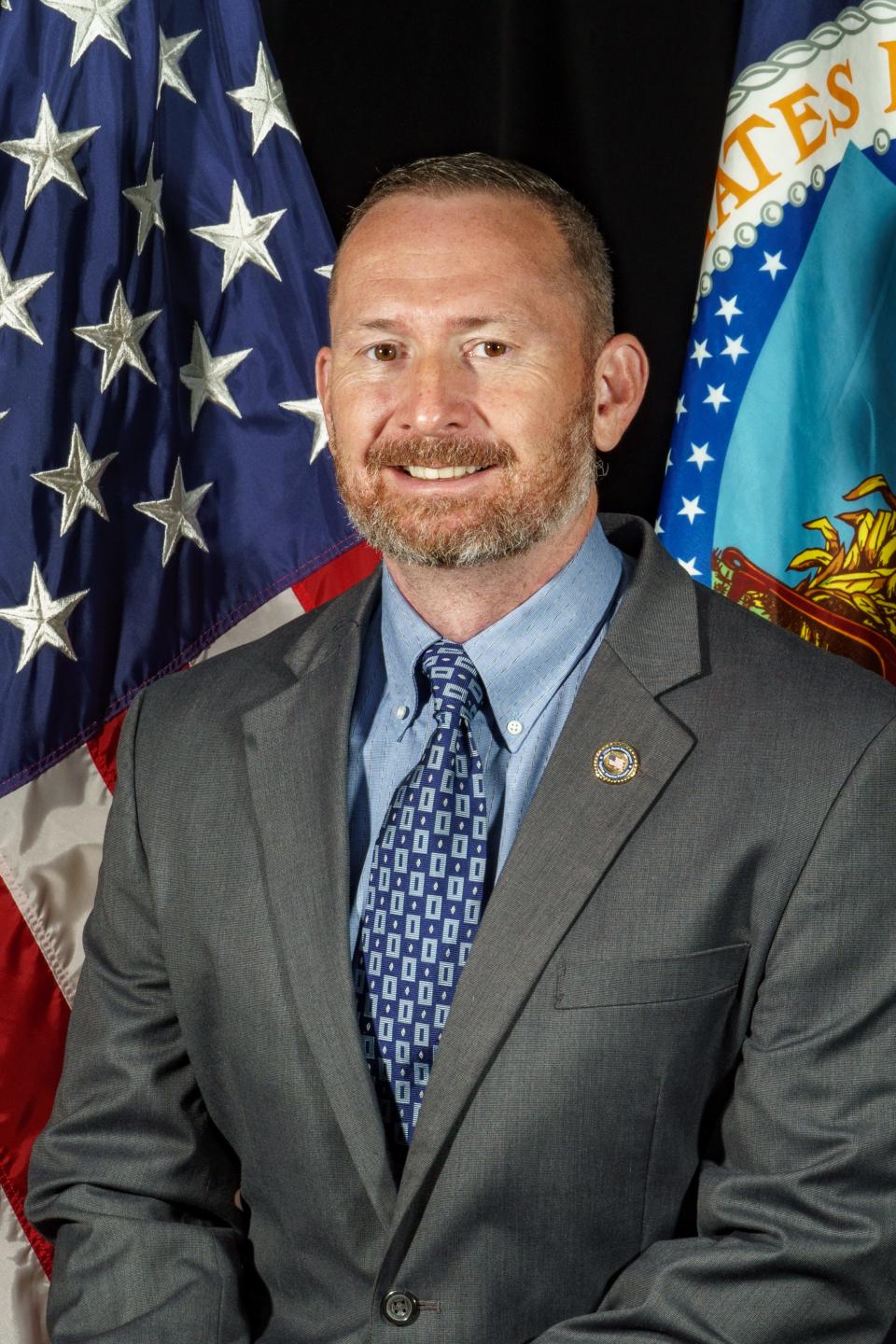In rural Oklahoma, neighbors are always looking for ways to help one another
Earlier this month, we celebrated National Rural Health Day and were reminded that a strong community is rooted in its people. At the United States Department of Agriculture, we are hard at work offering resources to the rural and agricultural communities that feed and fuel our nation and provide the everyday essentials upon which America depends.
As I’ve traveled across Oklahoma, I’ve seen firsthand the unique challenges people in rural communities and remote parts of the state have in accessing the health resources they need and deserve. These challenges are especially true for people living in our nation’s tribal communities who have been underserved for far too long.
At USDA Rural Development, we are committed to making sure that people, no matter where they live, have access to high-quality and reliable health care services like urgent care, primary care, and dental care. That’s why I've been a proud champion of programs like the Emergency Rural Health Care Grants, which was created by President Biden’s historic legislative package, the American Rescue Plan Act.
In the last year, this program has helped rural health care organizations across the state purchase supplies, deliver food assistance, renovate health care facilities and provide people with reliable medical testing and treatment.
Recently, I was in Pawnee Nation, where I had the pleasure of meeting with President Walter Echo-Hawk at the site of the future Pawnee Nation Behavioral Health Center. This new facility is funded in part by a $1 million Emergency Rural Health Care Grant and is going to help fill a vital gap in health coverage in North Central Oklahoma. I’m excited to partner with President Echo-Hawk on this venture, as the Pawnee Nation has declared war on trauma and is making a valiant commitment to better the behavioral health for our rural and tribal communities in Oklahoma. Many of our tribal partners, like the Pawnee Nation, are committed to helping our communities, and with President Biden’s commitment to rural America we intend to assist as many communities as possible improve access to healthcare across Oklahoma.
We also know that increasing access to telemedicine and distance learning in rural Oklahoma is critical to building healthier and more resilient communities.
Oklahomans in remote parts of the state like Ringling or Stigler often need to travel greater distances to see a health care provider and are less likely to have access to high-speed internet to utilize telehealth services and are more likely to live in an area that has a shortage of doctors, dentists and mental health providers. Through programs like the Distance Learning and Telemedicine Grants Program, we are making it easier for people living in rural areas to access health care services remotely. One way we are improving these remote services is by assisting in funding the wireless networks that are necessary for telehealth. Recently I was in Chickasha, where the president’s Emergency Rural Health Care grant is providing $191,300 in funding these for networks and access points at Grady Memorial Hospital. As someone who grew up in Howe, Oklahoma., I know how much of an impact this will have on the lives of those who depend on medical care in the Chickasha region but can’t necessarily drive the long distances to see a medical professional.
Health is about much more than medical care. Access to modern, reliable water and wastewater infrastructure is a critical necessity for the health and well-being of every American.
In Oklahoma, we continue to work hand-in-hand with our partners and local community leaders to promote a healthy community and environment through our Water and Environmental Programs.
These programs help rural communities obtain the technical assistance and capital financing necessary to develop clean and reliable drinking water and waste disposal systems. Safe drinking water and sanitary waste disposal systems are vital not only to public health, but also to the economic vitality of rural America
Through these programs, we make sure people, children and families across the state have clean water and safe sewer systems that prevent pollution and runoff.
One of the water projects Rural Development here in Oklahoma is investing in is the Pittsburg County Public Works Authority by helping them finance much needed water system improvements. This will include 8,000 feet of new water lines and 3,700 feet of water line replacements. In addition, the combination of a grant of $375,000 and a loan of $495,000 will rehabilitate the county’s water treatment plant and help provide new automatic read water meters to help better serve the citizens of Pittsburg County. As I mentioned before about the importance our tribal partners are making in rural Oklahoma, Choctaw Nation is partnering in this effort by helping fund $50,000 for these projects. One of the best aspects about rural Oklahomans, is that our neighbors are always looking for ways to help one another and I couldn’t be more proud to be a life-long Oklahoman.
Kenneth Corn is USDA Rural Development state director.

This article originally appeared on Oklahoman: In rural Oklahoma, neighbors are always looking for ways to help one another

